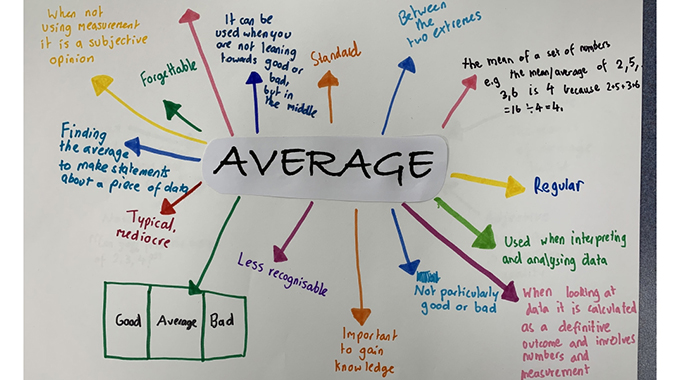Unpacking meaning of comments

Collen Takaza University of Zimbabwe
Most teachers and instructors are quick to write a comment after marking a student’s paper or essay. Many, however, do not take time to help students to comprehend the meaning of the comments.
In a high school set up, comments such as: “Can do better”, “Good”, “Very good”, “Fair”, “Poor”, “See me”, and “Excellent/Bravo” are familiar.
At higher levels (colleges and universities) students receive comments such as “a good attempt”, “a fair critique”, “excellent”, “well-tried”, “fair attempt”, “rewrite”, “poorly done”, “not serious”, and “below expectation”.
While, comments that seem to belittle a student such as “below expectations”, “poor work”, and “not serious” are among the most hated by students. A “see me” is the most dreaded one among high school pupils. On the other hand, a “rewrite” is also largely resented at the tertiary level.
In some instances, a “see me”, is treated as synonymous with corporal punishment or some other form of punishment by both the teachers and the students.
Quite a number of students, who were interviewed by this writer, revealed that some teachers treat a “see me” comment as an excuse to actually beat up students or vent their anger on them.
An Ordinary level female student likened a “see me”, to a funeral message of a close relative.
“My teacher drew a little girl shedding lots of tears on my Mathematics exercise book and wrote, a ‘see me’, comment.
“When I went to see her, she gave me no appropriate advice in relation to the question but chose to flog me leaving me heavily traumatized,” she says.
This young lady is not the only one who has been left flustered because of comments from teachers who then react in a way that is disproportionate. This behaviour from educators has flabbergasted several others.
In his presentation in 2012, “Learning without Frontiers Conference”, Professor Naomi Chomsky, speaking on the purpose of education in London, highlighted that, education is really aimed at assisting students get to the point where they can learn on their own because that is what everybody goes through in life, not just absorb materials given to you from outside, and repeating it.
Education is about cultivating the capacity to seek what is significant, always willing to question whether you are on the right track.
This becomes difficult to achieve if teachers struggle to provide efficient guidance to their students through the comments they write on the work of students.
A veteran educator and curriculum developer with years in high school classroom experience, Douglas Grudzina, argues that whenever a “see me”, is written on a student’s work the aim should be to point out mistakes made and how to fix them.
It is in such circumstances that the teacher or tutor can then offer the student an opportunity to rewrite their work.
A “see me”, according to Grudzina can mean several things, some of which are to help a decent student struggling with his studies in a private conversation. It may as well mean that the student may not belong to a particular class based on the student’s work (either the pupil has to drop a level or belongs to a higher level) and this can only be finalized if the teacher sits down with the student.
The other reason could be that the lecturer or tutor suspects plagiarism and needs to confront the student with sources he/she copied from and allow the student to prove his or her innocence.
Another vital reason could be when something the student wrote raised a red flag about abuse or neglect. The teacher may be required by law to report his/her suspicion but it is crucial to see the student first.
A “see me” is therefore priceless and should be feared by those guilty of plagiarism or replicating other people’s work. It can be problematic for a teacher to guide the student effectively by just writing a few comments, thus a face-to-face encounter may be necessary.
In the same vein, students at higher levels should not get demoralized when they get a rewrite comment from their lecturers. They should grab that prospect to prove their mettle.
A final year student at a local university notes that due to prevalence of Online lectures and submission of assignments using email there are other comments from lecturers that are emerging.
“Students are beginning to get comments such as, “inbox me”, “call me for clarification” among other comments.
Whilst, this article has largely focused on “see me”, all comments from teachers or lecturers need to be taken seriously and students ought to seek justification and clarification whenever they do not understand the comments fully.









Comments